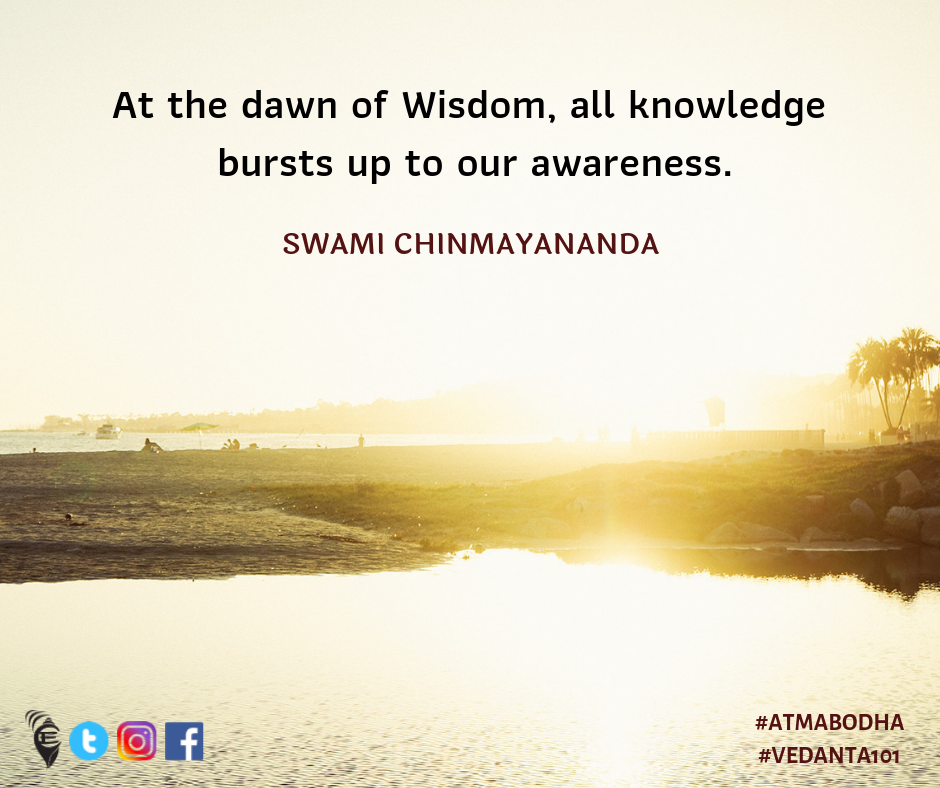Commentary on the Srimad Bhagavad Gita- Discourse 5.6. - Swami Krishnananda.
------------------------------------------------
Sunday, October 11, 2020. 07:00.AM.
Discourse 5: The Second Chapter Concludes – The Establishment of the Soul in Universality - 6.
-------------------------------------------------
1.
Actions done either knowingly or unknowingly will produce some reaction. Many times we feel that we have made a mistake unknowingly and, therefore, we should be pardoned. The law does not seem to think exactly the same way. There are one or two interesting stories in the Mahabharata and the Puranas. There was king who had many cattle, and in that country there was a Brahmin who had a cow. One day it so happened that the Brahmin’s cow strayed into the herd of cattle which belonged to the king. As was the custom of ancient rulers, charity of cattle and gold were given to people every day. One day the king gave some cattle in charity to a Brahmin, and it so happened that this stray cow was included. The Brahmin was leading this cow which was a gift from the king, and on the way the real owner came to know about it.
2.
He said, “This is my cow. Why are you taking it?”
The reply was, “I don’t know anything. It was given to me by the king.”
The Brahmin went to the king and asked, “Why did you give my cow as a gift to somebody else?”
The king said, “I did not know that it was your cow. I never knew that your cow had strayed. Don’t get angry with me. I will give you one thousand cows. Don’t worry about this cow.”
The Brahmin replied, “I do not want one thousand cows. I want only my cow.”
It became a great predicament because the Brahmin who got the gift would not give it back. He said, “King, you have given it to me. Are you going back on your word?”
It is said that this peculiar moral crisis in which the king found himself made him a lizard in the next birth. What terrible punishment is this! This story is found in the Bhagavata. Sri Krishna touched the lizard, and it once again became the king.
3.
There is also the story of Mandavya, the great sage. He was sitting in a corner, meditating. One day there was a theft in the treasury of the king. The priests and the army started searching for the culprit, and the thieves who took the treasure ran helter-skelter. Finally, they became afraid of being caught so they threw away the stolen treasure, and it happened to land near the sage who was meditating. The army found it, and concluded that the sage was the thief. They dragged him away and brought him before the king.
The king said, “Impale him immediately.”
In those days the king was the only judge, and he could pass any sentence. They impaled the sage on a spear. Mandavya was hanging there, but because of the great power of his meditation he did not die.
4.
Finally his soul went to Yama, and he asked Yama, “For what wrong action of mine have you punished me with impalement? To my knowledge, I have never done any wrong action in my life. How has this kind of punishment been meted out to me? You have made some mistake!”
Yama replied, “You cannot recollect. When you were a child, you took a little broomstick and pierced a fly. Therefore, you have been pierced.”
“When did I do it?” asked the sage.
“You were about eleven years old,” Yama replied.
“Oh! You are punishing me for having done something without the knowledge that it was wrong. I was an innocent child. I did not know anything.”
“Innocent or not innocent, the law acts!”
Then, it is said, Mandavya furiously cursed the law and changed it so that in future, from that day onwards, no punishment would be meted out to anybody for a mistake that they committed before the age of fourteen years. This is Mandavya’s rule. Today there are judges to decide these cases. Anyway, the law of karma is very intricate: gahana karmao gatih (4.17).
To be continued ...
=============================================================




Comments
Post a Comment